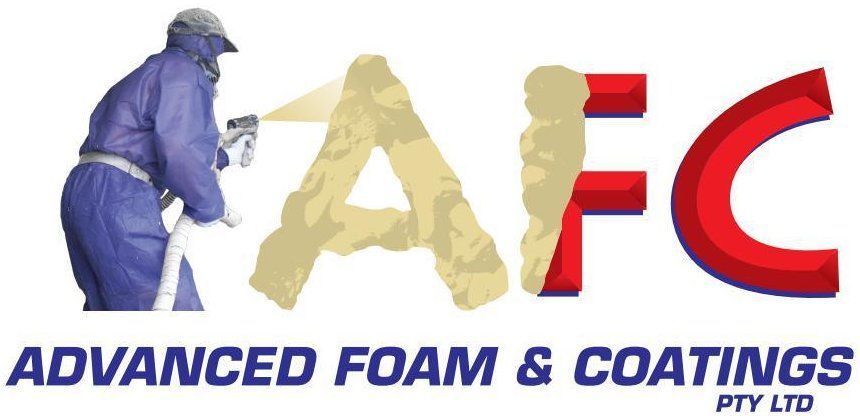What is Polyurethane Foam and How is it Used in Insulation and Coatings?
Learn more about our polyurethane foam insulation and coating services
What is Polyurethane Foam?
Spray Polyurethane Foam is a spray-applied insulation product at a building site. Two liquid components, MDI(A) and polyol blend(B), are mixed under pressure and sprayed onto a roof or wall cavity. The reacting liquids expand and solidify into a foam matrix, creating a seamless seal. Spray Polyurethane Foam adheres well to the area it is applied to, providing an air barrier that prevents thermal leaks.
SPF: The Right Choice for Residential Buildings
SPF seals walls and cavities to save the homeowner money on heating and cooling expenses. It provides thermal protection and stops moisture and air barriers.
Energy Efficiency – Superior performance and value
- Spray Foam reduces energy bills by up to 40%.
- Spray Foam has a higher R-value and better performance than traditional insulation because it stops air leaks that can reduce R values by 25-40%.
- Polyurethane Foam expands and fills every space and crack, preventing conditioned air from leaking.
Healthier and Quieter – Improved Air Quality and Comfort
By expanding to fill every crack and crevice, Polyurethane Foam stops air leakage in and out and prevents pollutants, dust, and allergen infiltration.
Polyurethane Foam does not support mould and mildew.
As an effective barrier, it keeps moisture out and prevents it from forming condensation.
Its sealing power foam reduces noise pollution—the air seals to absorb sound at varying frequencies. The foam dampens sound vibrations transmitted through solid materials.
Durable & Dependable – Lasting Strength and Value
- Polyurethane Foam does not settle, sag, shrink or deteriorate. It says in place providing value year after year.
- Spray Foam adds structural strength. It does not have fasteners or seams, which can reduce strength.
- Spray Foam walls have three times greater racking strength.
Retrofitting and Renovation
Many existing buildings have no or minimal insulation. Polyurethane Foam is the insulant for retrofitting a building due to its excellent thermal conductivity and many other benefits.
Limit loss of space
A common renovation challenge is the limited space available to fit the insulation. The excellent thermal conductivity of rigid polyurethane makes it one of the thinnest, least bulky solutions. Polyurethane insulation, therefore, minimises the loss of living and working space, which is especially important in cases where internal insulation is the only option. If the external building perimeter is limited, for example, due to neighbouring buildings, roof overhang or regulatory restraints, thin Polyurethane insulation solutions are an excellent choice to optimise space.
Improve Air Tightness and Eliminating Cold Bridges
Many older buildings have areas where insulation is reduced (thermal bridging), for example, at joints and around windows, doors, and gaps in the building envelope. These can all lead to air leakage. Cold bridges and air leakages can cause condensation, which is easily overcome by filling these gaps with Polyurethane Foam, which adheres extremely well to almost all building materials. Furthermore, a continuous layer of insulating foam can be sprayed onto floors, walls, and roofs, making the whole building envelope seamlessly airtight.
Increase Living Comfort
Consistent temperature control and air tightness increase living comfort considerably. Rigid Polyurethane Foam is one of the most effective insulants to achieve this: warm in winter and cool in summer, without adding to heating or cooling costs. In addition, insulation makes walls and floors warmer to the touch. Using Polyurethane Foam eliminates draughts and the formation of condensation, which can lead to mould growth and the deterioration of building fabrics.

Achieve a Better Energy Label
Some EU countries have introduced energy labels that rate buildings according to their level of insulation and energy consumption, which is a significant factor for buyers or tenants: the better the label, the more energy efficient the house and the lower the energy bill. Furthermore, a dwelling with a good energy label might have a higher market value when sold. Not only is Rigid Polyurethane Foam Insulation one of the most effective insulants, but it is also strong, chemically resistant and has long-life performance.
Allan and the Advanced Foam & Coatings team only use quality polyurethane foam supplied by Huntsman.
We can help with your next project.
Quick Links
Contact Information
Phone: 0414 874 509
Email: foamer@advfoam.com.au
Pakenham VIC 3810
ABN: 86091848109


